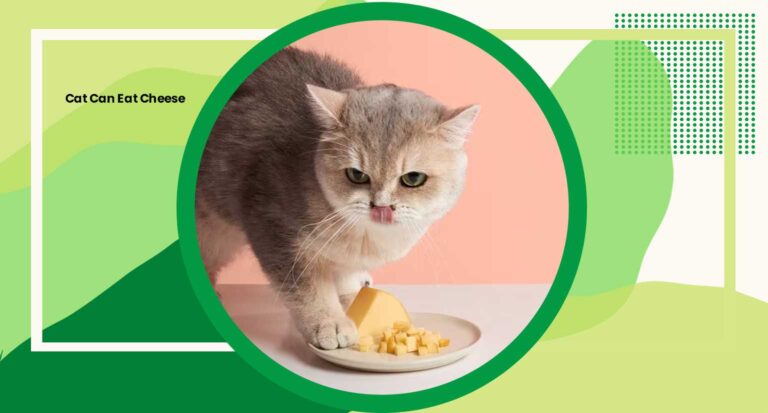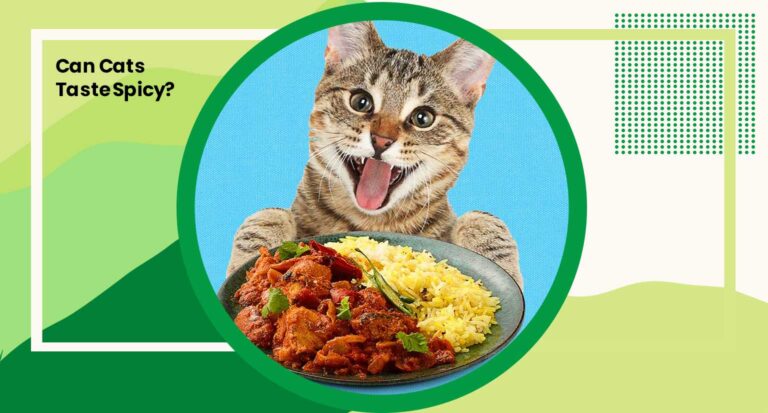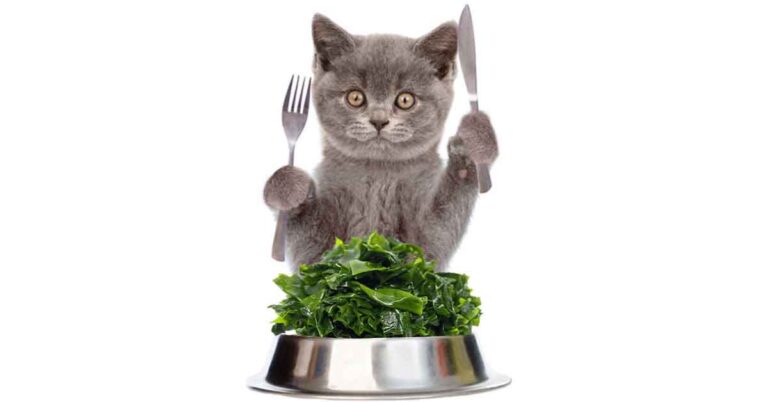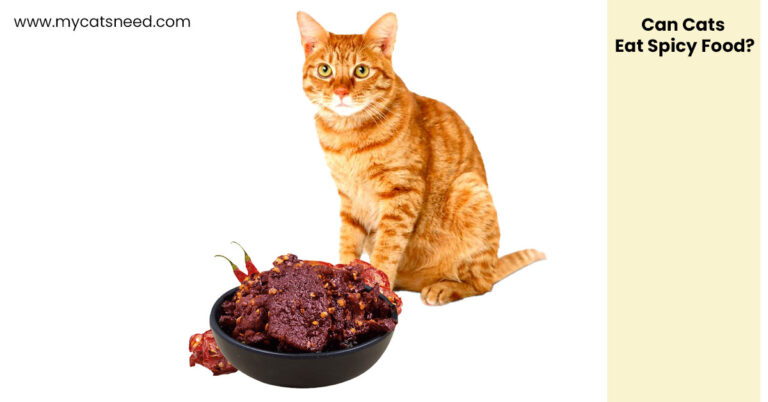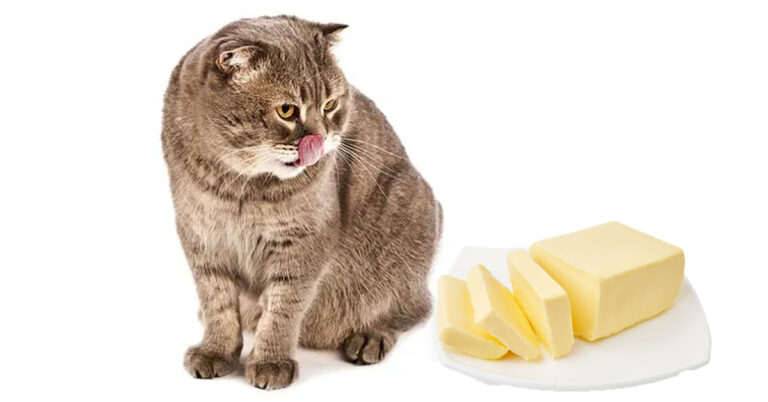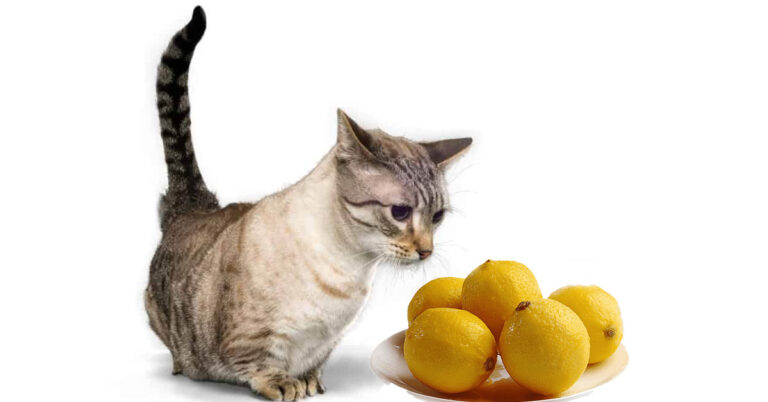Can Cats Eat Pancakes?
With their curious nature, it’s no wonder cats sometimes show interest in human food. But is it a good idea to share your breakfast with your feline friend? Specifically, can cats eat pancakes? The short answer is yes, in small quantities, but there’s a lot more to consider.
Can Cats Eat Pancakes?
Cats, known as obligate carnivores, primarily require a diet rich in animal protein. But, when it comes to the occasional treat, cats can indeed nibble on small pieces of pancake. While pancakes are not inherently toxic to cats, the main ingredients, including wheat flour, dairy products, and eggs, provide little nutritional value to our furry friends.
Offering your cat a small amount of pancake as a special treat, especially on Pancake Day, may not harm them. However, keep in mind that pancakes should not form a significant portion of a cat’s diet. They’re people food and can potentially lead to weight gain and digestive issues if fed in large amounts regularly.
Short Answer
In short, cats can eat pancakes in very small quantities as an occasional treat. However, they are not a good idea for a regular part of a cat’s diet. The best option for your feline’s health is always a balanced diet tailored for cats, with pancakes served merely as an infrequent indulgence.
Occasional Treat
When served in moderation, pancakes can be a delicious treat for your cat. A small piece of pancake now and then won’t likely result in health issues. However, as with all human foods, it’s essential not to overdo it. Feeding your cat pancakes on a regular basis could lead to unnecessary calories, weight gain, and even health problems in the long run due to high sugar content and fat content.
Pancakes might be a tasty treat, but they are not a great source of protein or other essential nutrients that cats need. Therefore, pancakes should never replace the balanced diet that your cat requires for optimal health.
Small Quantities
Feeding your cat pancakes should always be done in small quantities. A small piece of a pancake, cut up into even smaller pieces, can be an enjoyable novelty for your feline friend. The key here is ensuring you’re not giving your cat large amounts of pancake. Large quantities can lead to stomach upset and other digestive problems.
Remember that while it’s okay for your cat to sample a small piece of pancake, it’s not a good idea to make this a daily habit. Even small amounts of pancake can add unnecessary calories to your cat’s diet, leading to weight gain over time.
Best Choice
When deciding to share your breakfast with your feline friend, plain pancakes are the best choice. These flat cakes, made without the following ingredients – chocolate chips, artificial sweeteners, and much sugar, are safer for your cat’s health. However, keep in mind that even these should be served as a special treat and in small amounts.
Another healthier alternative to regular pancakes is egg-based pancakes. They can provide your cat with a good portion of animal protein, a critical component in a cat’s diet. Avoid the temptation to top off your cat’s pancake with maple syrup or other sweeteners; these high-sugar content additions can lead to health problems like weight gain and heart disease.
Potential Risks and Concerns
Though pancakes may seem harmless, several factors can turn this delicious treat into a cause for concern for your feline friend’s health. A key one is the high sugar content found in pancakes, especially when topped with pancake syrup or other sweet toppings. Cats have a hard time digesting sugar, and consuming large amounts can lead to weight gain and health issues like heart disease.
Another concern is the presence of toxic ingredients. Chocolate chips, for example, are toxic to cats and can cause severe health problems. Additionally, some pancake recipes include ingredients like peanut butter or certain dairy products, which can be difficult for cats to digest due to lactose intolerance, potentially leading to an upset stomach.
Lastly, raw pancake batter, which often contains raw eggs, can pose a risk to your cat. Raw eggs may carry bacteria like E. Coli, which can lead to severe digestive issues.
Digestive Issues
While cats might enjoy the taste of pancakes, they can cause digestive issues, especially when consumed in large amounts. Ingredients like wheat flour, dairy products, and sugar are not a natural part of a cat’s diet and can be hard on their digestive system. The likely result is an upset stomach, stomach pain, and even more serious health issues if consumed on a regular basis.
Furthermore, raw pancake batter can be especially harmful to a cat’s stomach. It usually contains raw eggs, which can harbor harmful bacteria, leading to an upset stomach or more serious health problems.
Weight Gain
Pancakes, particularly those topped with sugary syrups or spreads, can contribute to significant weight gain in cats if fed regularly. They’re high in unnecessary calories and lack the essential nutrients that cats need. Over time, a diet with too much people food like pancakes can lead to obesity, which in turn increases the risk of health problems such as heart disease and diabetes.
The best way to prevent weight gain is to limit your cat’s pancake consumption to an occasional treat and ensure that they are getting a balanced diet with plenty of animal protein. Regular exercise is also an important part of keeping your feline friend healthy.
Toxic Ingredients
Some pancake recipes call for ingredients that are toxic to cats. Chocolate chips, a common pancake addition, contain theobromine, which is toxic to cats and can cause severe health problems, including heart disease. Similarly, some artificial sweeteners, like xylitol found in “sugar-free” or “low sugar” syrups, are extremely toxic to cats and can lead to rapid insulin release, resulting in low blood sugar, a condition known as hypoglycemia.
As a cat owner, it’s crucial to avoid feeding your cat pancakes that contain these toxic ingredients. Always opt for plain, unadorned pancakes if you choose to share this treat with your feline friend, and even then, do so sparingly.
Health Problems
Long-term feeding of pancakes to your cat can lead to a host of health problems. As previously mentioned, the high sugar content can lead to weight gain and obesity, which can in turn lead to diabetes, heart disease, and other serious health issues. A diet high in sugar and fat, with low animal protein, does not meet the dietary needs of cats, obligate carnivores who require a diet rich in animal products.
Moreover, ingredients like dairy products and wheat flour can cause digestive issues, especially in cats with sensitive stomachs or those with a known lactose intolerance. Toxic ingredients such as chocolate chips and artificial sweeteners can also cause severe health problems, even in small amounts.
To maintain your cat’s health, it’s best to stick to a diet specifically formulated for cats, with human food like pancakes offered only as a rare treat.
Better Options for Your Cat
Given the potential risks associated with feeding pancakes to your cat, you might be wondering about better options. The best choice is to feed your cat a diet formulated specifically for them, which will contain the right balance of animal protein, vitamins, and minerals that they need.
For an occasional treat, consider healthier alternatives like small pieces of lean, cooked meat or fish. There are also numerous commercial cat treats available that are designed to be tasty and nutritious for cats, and these can be a better option than pancakes.
Remember, your cat’s health is always the top priority. So, while it may be tempting to share your delicious breakfast with your feline friend, it’s best to keep the pancakes to yourself and offer your cat a healthier treat instead.
Healthy Ingredients
When it comes to treating your cat, it’s best to stick to ingredients that are healthy and safe for them. Small amounts of lean, cooked meat or fish can be a great source of protein for your cat. You might also consider vegetables such as carrots or peas, but always in moderation as cats require a predominantly meat-based diet.
If you’re looking to prepare a special treat for your feline friend, consider making cat-friendly pancakes with ingredients that are beneficial for cats. These could include cat-friendly proteins like tuna or chicken, mashed into a pancake-like treat. However, these should still be given sparingly and not replace a balanced, species-appropriate diet.
Feline Pancakes
If your feline friend seems particularly interested in your breakfast, you might consider preparing a cat-friendly version of pancakes, sometimes called “feline pancakes.” These are made using cat-safe ingredients and are a better option for your pet.
You can make feline pancakes using a simple recipe of animal protein such as chicken or fish, mixed with a bit of cat-friendly vegetable or fruit like pumpkin or apple. Cook these on medium heat in a frying pan with a tiny bit of vegetable oil until they’re done. Remember to let them cool before serving to your cat to avoid burning their sensitive mouths. Also, ensure that these ‘feline pancakes’ are served in small quantities and not as a substitute for their regular meals.
Healthier Alternatives
Commercial cat treats can be a healthier alternative to pancakes. These are designed to be both tasty and nutritious for cats, and they come in a wide variety of flavors and textures. Some even offer health benefits, such as dental treats that help to clean your cat’s teeth as they eat them.
Additionally, you could consider giving your cat a small amount of cooked, lean meat, like chicken or turkey. This can provide the animal protein that cats need in their diet. However, always remember to remove any seasoning, as many spices and seasonings are not safe for cats.
While it may be tempting to share your breakfast with your feline friend, remember that the healthiest diet for them is one specifically designed for cats. A balanced cat diet, supplemented with occasional treats, will help keep your cat healthy and happy.
Balanced Diet
The best thing for your cat is a balanced, species-appropriate diet. This means a diet rich in high-quality animal protein, with the right balance of fats and minimal carbohydrates. Dry and wet cat food that is specially formulated for cats usually contains the essential nutrients that they require for their health.
While it’s fine to offer your cat a small treat from your plate occasionally, this should not make up a large part of their diet. Regularly feeding your cat people food can lead to nutritional imbalances and health problems. Remember, your cat is not a small human – they have different dietary needs and what’s good for you may not be good for them.
When in doubt, always consult with your vet. They can provide you with the best advice regarding your cat’s diet based on their age, weight, health status, and specific nutritional needs.
Tips for Feeding Cats Pancakes
If you decide to treat your cat to a small piece of pancake, there are some things you should keep in mind to ensure it’s a safe and enjoyable experience for them.
Firstly, always serve pancakes in small amounts. A tiny piece is enough for your cat to enjoy the taste without risking their health. Also, be sure to cut the pancake into small pieces to prevent choking.
Secondly, make sure the pancake is plain and does not contain any toxic ingredients. Chocolate chips, artificial sweeteners, or an excess of dairy products can be harmful to cats.
Lastly, remember to cool the pancake before giving it to your cat. Hot pancakes can burn your cat’s mouth and cause them discomfort.
Keep these tips in mind, and your feline friend can safely enjoy this occasional treat.
Small Pieces of Pancake
If you decide to share a small amount of pancake with your cat, be sure to serve it in bite-sized pieces. Small pieces are easier for your cat to eat and significantly reduce the risk of choking. Remember, the size of the pancake piece should be appropriate for your cat’s size. A good rule of thumb is to make the pieces no larger than the size of your cat’s kibble.
It’s also crucial to ensure that the pancake pieces are cool before serving. Hot pancakes can burn your cat’s mouth and cause unnecessary discomfort or harm. So, let the pancake cool down after cooking and before serving it to your furry friend.
Maintain Moderation
As with all treats, it’s important to maintain moderation when offering pancakes to your cat. These should not make up a significant part of your cat’s diet but should instead be seen as an occasional treat. A small piece of pancake once in a while will likely not cause harm, but frequent or large servings could lead to weight gain, digestive issues, and other health problems.
It’s also worth noting that every cat is different, and some may have more sensitive stomachs than others. If your cat has never had a pancake before, start with a very small piece and monitor their reaction. If they experience any negative effects such as stomach upset, it’s best to avoid pancakes in the future.
Avoid Unnecessary Calories
Pancakes are high in calories and low in the essential nutrients that cats require. Therefore, they should be considered as a source of unnecessary calories in your cat’s diet. Regularly consuming high-calorie, low-nutrient foods like pancakes can contribute to weight gain and obesity in cats, leading to potential health problems such as diabetes and heart disease.
To avoid unnecessary calories, stick to cat-specific foods and treats. If you decide to treat your cat with a small piece of pancake, be sure to adjust their daily food intake to prevent overfeeding. Always prioritize a balanced diet to keep your cat healthy and happy.
How to Make Cat-Friendly Pancakes
Interested in making a special treat for your feline friend? Here’s a simple and cat-friendly pancake recipe you can try. Remember, these pancakes should be given as an occasional treat and not as a meal replacement.
Ingredients:
- 1 small can of tuna or salmon (unsalted and in water)
- 1 egg
- A small amount of cat-friendly vegetable (optional)
Instructions:
- Drain the canned fish and mash it in a bowl.
- Add the egg and mix until combined. If you choose to include a vegetable, make sure it is finely chopped or pureed before adding it to the mix.
- Heat a non-stick frying pan over medium heat. You can add a tiny bit of vegetable oil if needed.
- Drop small spoonfuls of the mixture into the pan, flattening them slightly to create a “pancake” shape.
- Cook for a couple of minutes on each side until firm and lightly golden.
- Allow the pancakes to cool completely before serving to your cat.
These cat-friendly pancakes are a fun and tasty treat for your feline friend to enjoy. Remember, treats should make up no more than 10% of your cat’s daily caloric intake. Always watch for any changes in your cat’s behavior or digestion after introducing a new food, and consult with your vet if you have any concerns.
Recipe Guidelines
When making cat-friendly pancakes, it’s essential to follow a few guidelines to ensure that the recipe is safe and healthy for your feline friend.
- Avoid Seasonings: Many seasonings, such as onions, garlic, and some herbs, are toxic to cats. Stick to plain, unseasoned ingredients to keep your cat safe.
- Go Grain-Free: While wheat flour is not necessarily harmful to cats, they don’t have the necessary enzymes to digest grains effectively. Plus, they receive no significant nutritional benefit from them. For this reason, cat-friendly pancakes should primarily be made of protein, like fish or chicken.
- Properly Cook: Raw fish and raw eggs can contain bacteria like E. coli that are harmful to cats. Therefore, it’s essential to cook the pancakes thoroughly to kill off any potential bacteria.
- Portion Control: Even when made from safe and healthy ingredients, pancakes should still only be given as a small occasional treat. Too much of any food, even healthy food, can lead to weight gain and other health problems.
Following these guidelines will help ensure that your cat can enjoy their special treat without risking their health.
Avoid Harmful Ingredients
While creating a cat-friendly pancake, it’s crucial to avoid ingredients that could potentially harm your feline friend. Cats have different digestive systems and nutritional requirements compared to humans, and certain ingredients can be harmful or even toxic to them. Here are some ingredients to avoid:
- Chocolate: This is toxic to cats and can cause severe health issues. Avoid any chocolate chips or cocoa-based ingredients.
- Dairy Products: Many cats are lactose intolerant, and consuming dairy products can lead to digestive issues.
- Artificial Sweeteners: Particularly xylitol, a sweetener often used in “sugar-free” products, is extremely toxic to cats.
- Onions and Garlic: These are toxic to cats and can lead to serious health problems.
- Raw Eggs: These can contain bacteria such as Salmonella or E. coli which are harmful to cats. Always cook eggs thoroughly before giving them to your cat.
By avoiding these harmful ingredients and following the recipe guidelines, you can create a safe and enjoyable treat for your furry friend.
Related Articles:


